Magazines list (48)
Sort:
Symbols and Clichés
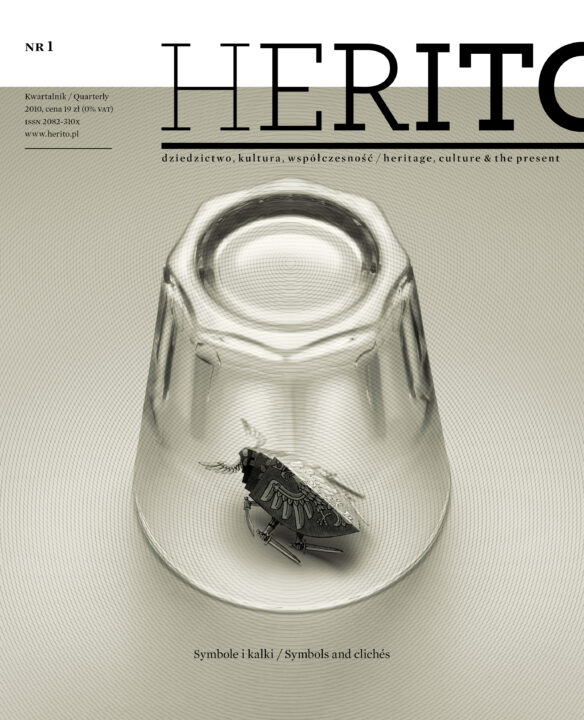
In the first issue, entitled Symbols and Clichés, we give a critical airing to notions connected with national ideologies and political myths and their functions, and look also at their various reflections in art, architecture and the landscape.
Premiere:2011
Imagined Identities
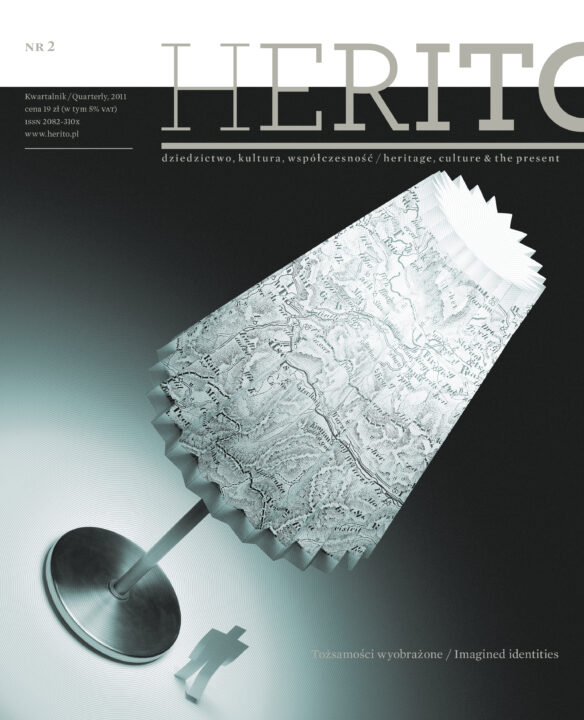
Imagined communities, called thus by Benedict Anderson, revealed the principle of nation-building, namely inculcating an image of a translocal community to which people belong.
Premiere:2011
The City and the Museum
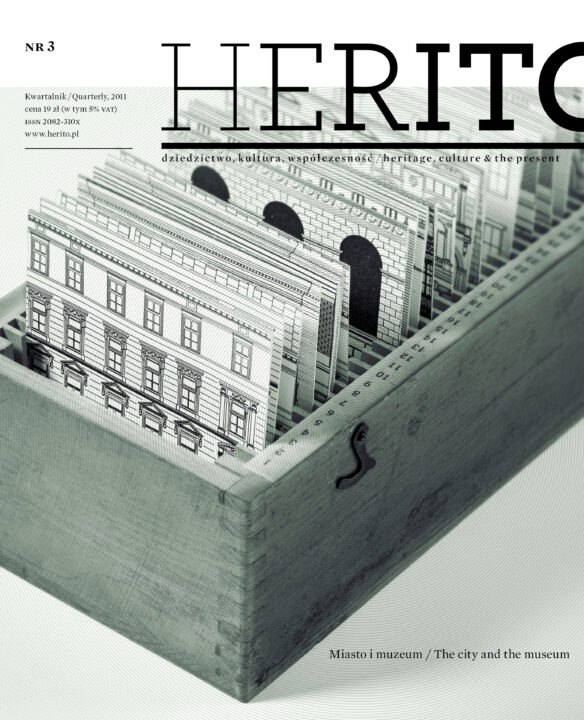
Cities are museums of a sort – as three-dimensional illustrations of history, huge collections, but also treasure chests in which the spirit of the place hides. Unfortunately, the history of our part of the continent has rarely left them intact. Their existence here is a story of ups and downs.
Premiere:2011
Art Is Changing (a) Place
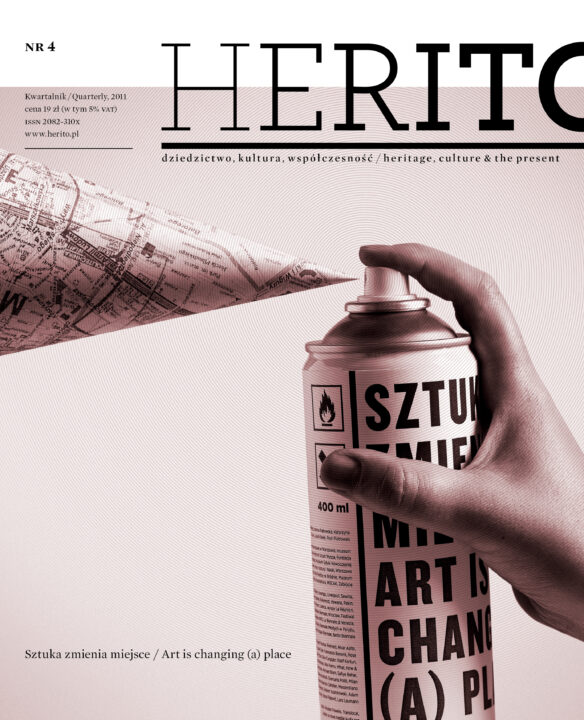
To say that art is changing is to state the obvious. But the question of the way in which it is changing is not so trivial.
Premiere:2011
Cities for Thought
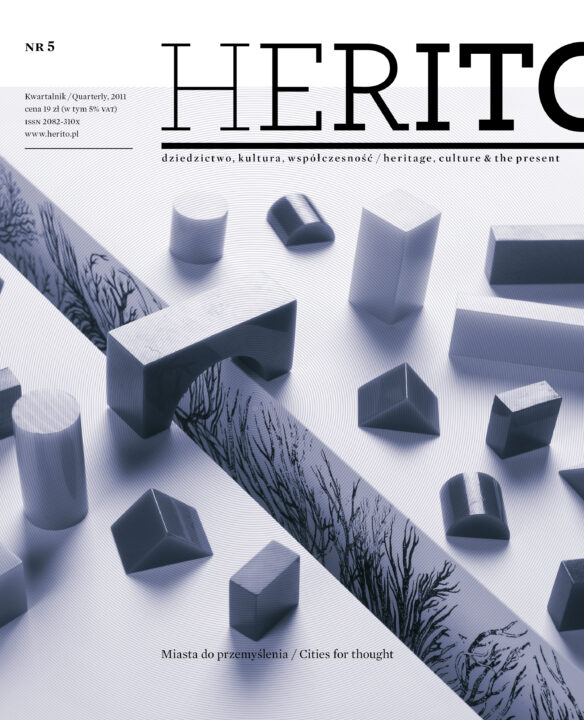
Adam Zagajewski described present-day Lviv as a city half-existing, half-abandoned, lost and half-regained. The Lviv that the poet wrote of is at once the pars pro toto of the Central European city syndrome – not fully belonging to anyone, neither to those who live in it nor to those who lost it. And how many other cities we could insert in place of Lviv! The cities tied like a Gordian knot. But there is no Alexander to come, and we have to start patiently untangling these knots ourselves.
Premiere:2011
Culture and Politics
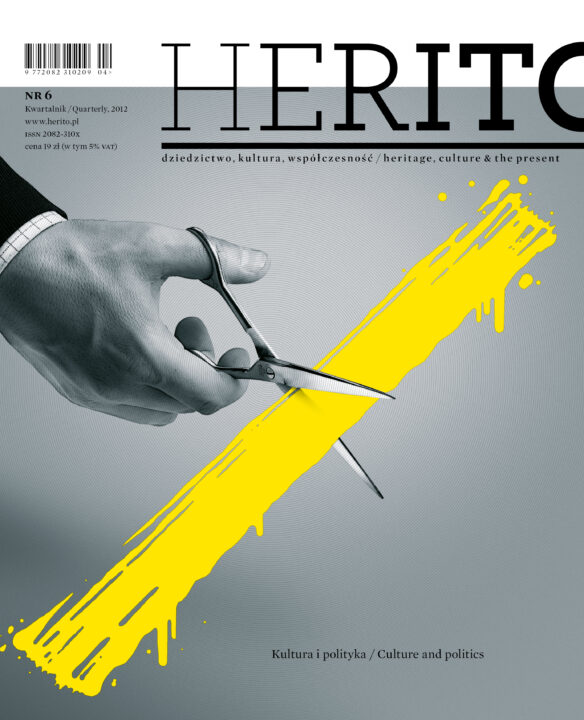
The history of humanity provides enough proof for what can be called the principle of support. Artists have supported many a regime with their talents. On the other hand, the fall of many a tyrant would not have come about without them. What is more, the power of art can be as attractive as any other form of power. To provoke thought, we take a look at the marriage of culture and politics in its different forms, today and in the past.
Premiere:2012
Stories From Countries Which Are no More
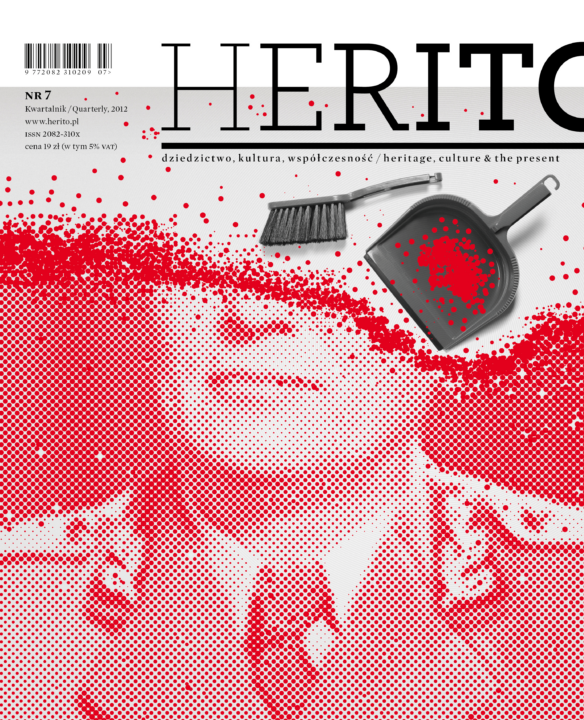
In 1989 Poland bordered three countries. Just a few years later none of them existed. During this memorable autumn Milan Kundera’s dream was being fulfilled: that the countries from our part of Europe return from the East, where they wrongly found themselves, to where they should be – if not in the West then at least in the Centre.
Premiere:2012
Nations - History and Memory
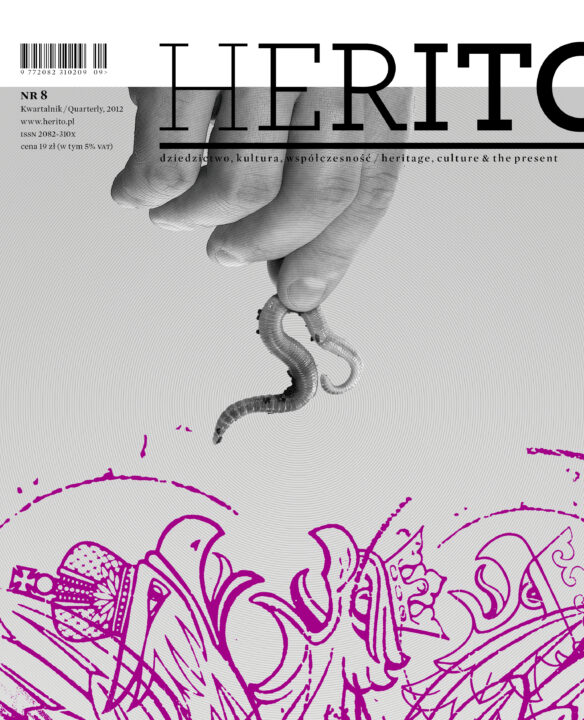
If today is as much a mosaic of nations and their histories as a social tissue of their individual memories, families, milieus and institutions, the sphere that has emerged between them appears to be an area of tension and often conflicts. What kind of conflicts? Whose conflicts? Who and for what purpose do memory and history now serve? These are some of the questions that run through this issue, and the review of opinions it publishes opens with Miroslav Hroch’s question: What does Europe still need a nation for?
Premiere:2012
Słowacja - Slovensko - Slovakia
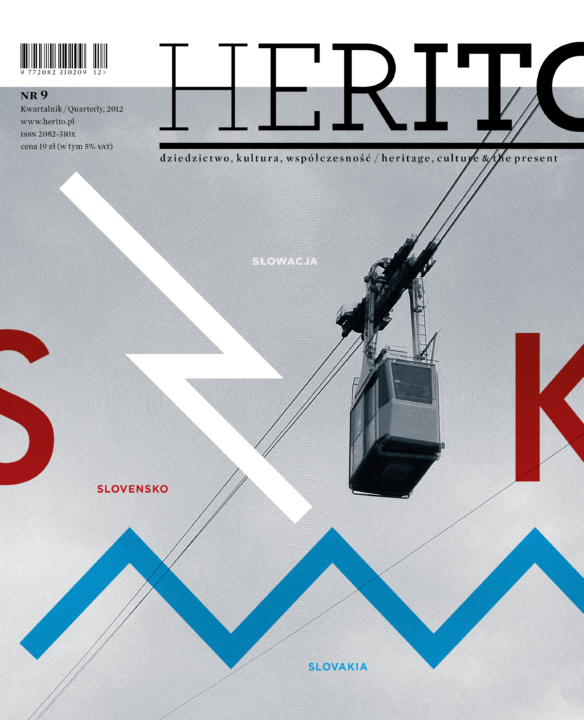
Our main focus is both the past and the present of the Slovaks which is reflected in their culture and identity. On clear days we can see from our office windows the massif of Babia Góra on the horizon; working on this issue we wished to make Slovakia and its culture not only equally visible to but also better understood by its closest and more remote neighbours.
Premiere:2012
The Elusive Centre (of Europe)
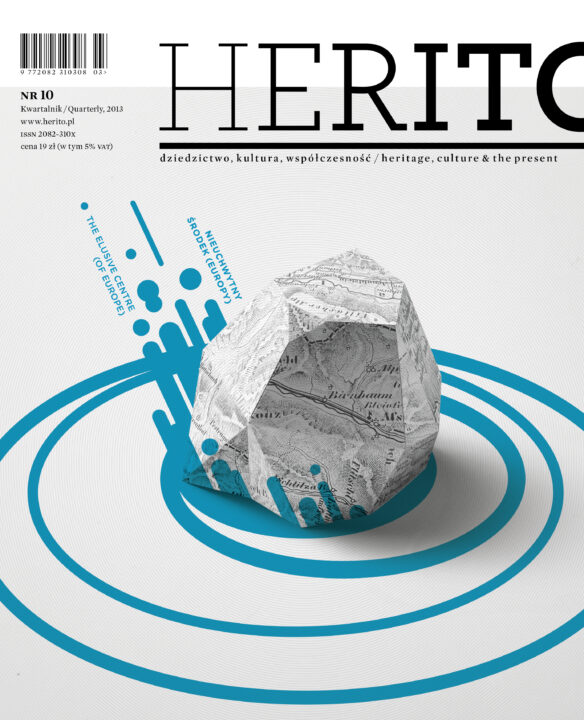
Grasping the centre is a troublesome, difficult or perhaps simply impossible task. Take, for example, the two Visegrads – places with identically sounding names, one in Hungary (Visegrád), the other in Bosnia (Višegrad). The first, which gave its name to them Visegrad Group, is a sign of the possibility of overcoming old feuds and building the foundations for mutual understanding between the countries of Central Europe. The other is a symbol of tragedy and an attempt at rejecting the past, building a future on forgetting.
Premiere:2013
Copyright © Herito 2020
